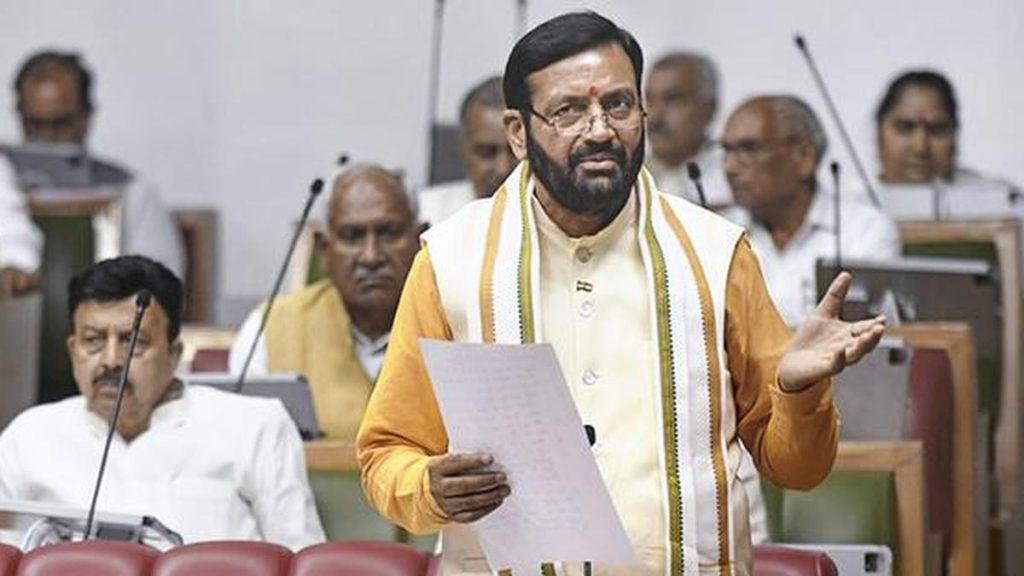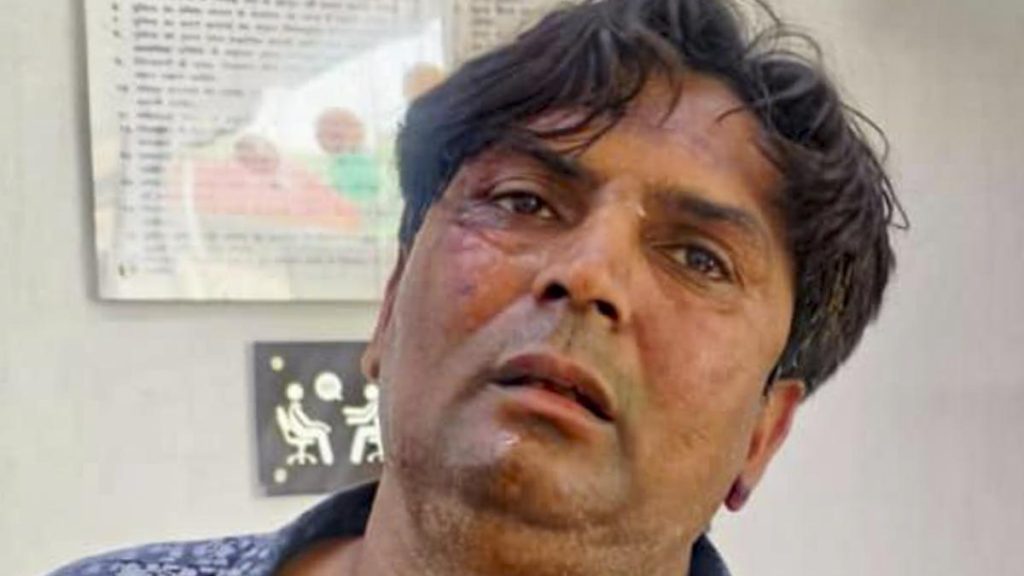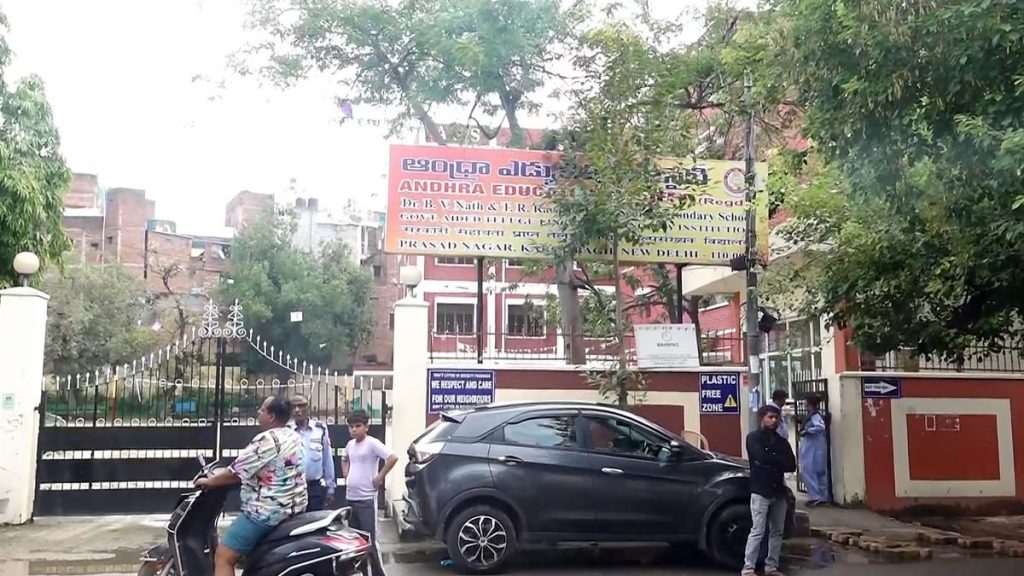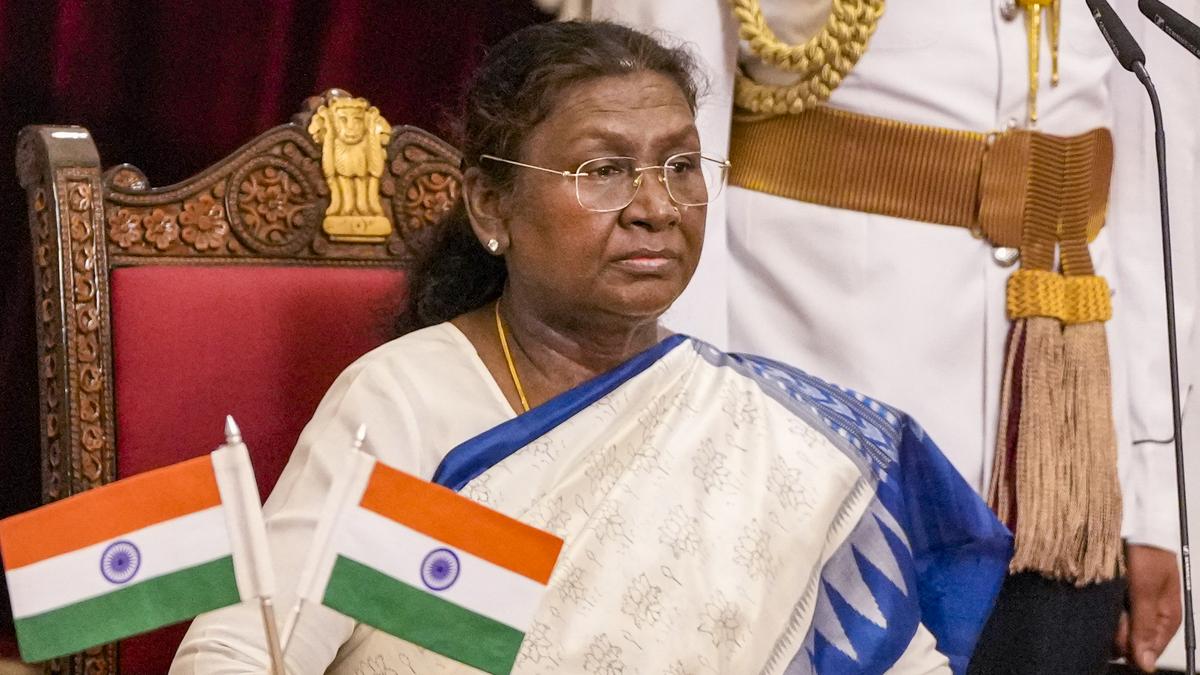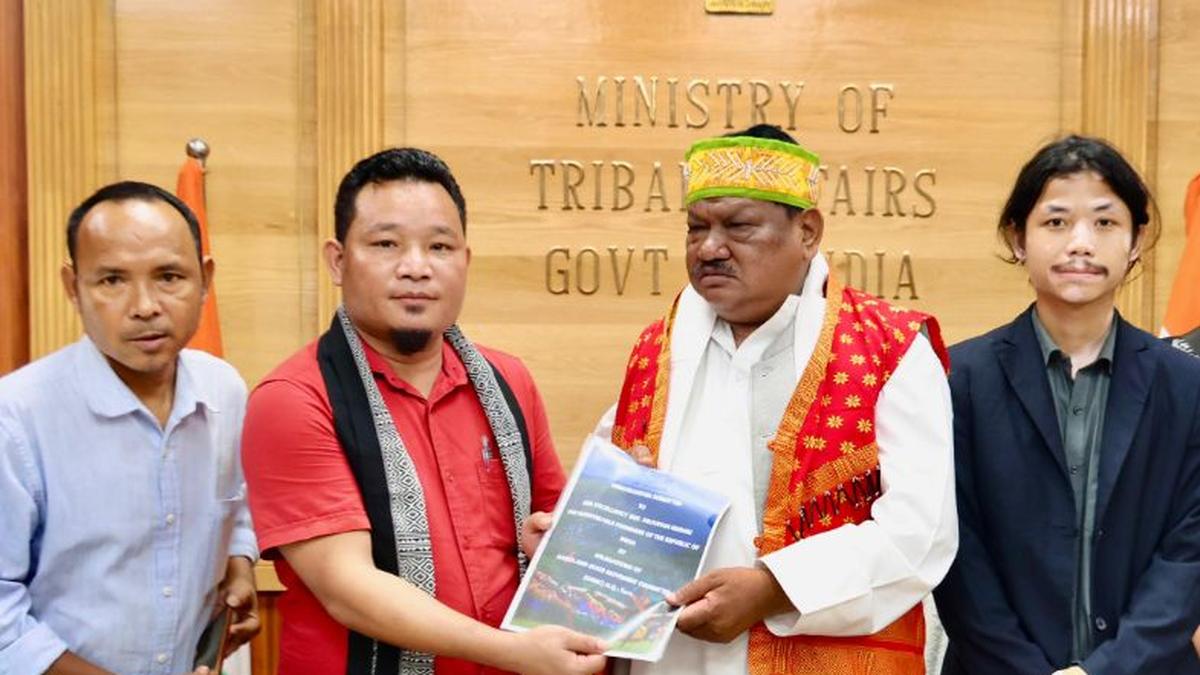Now Reading: Government Hospitals in T.N. Struggle with Shortage of Heart Surgeons
-
01
Government Hospitals in T.N. Struggle with Shortage of Heart Surgeons
Government Hospitals in T.N. Struggle with Shortage of Heart Surgeons
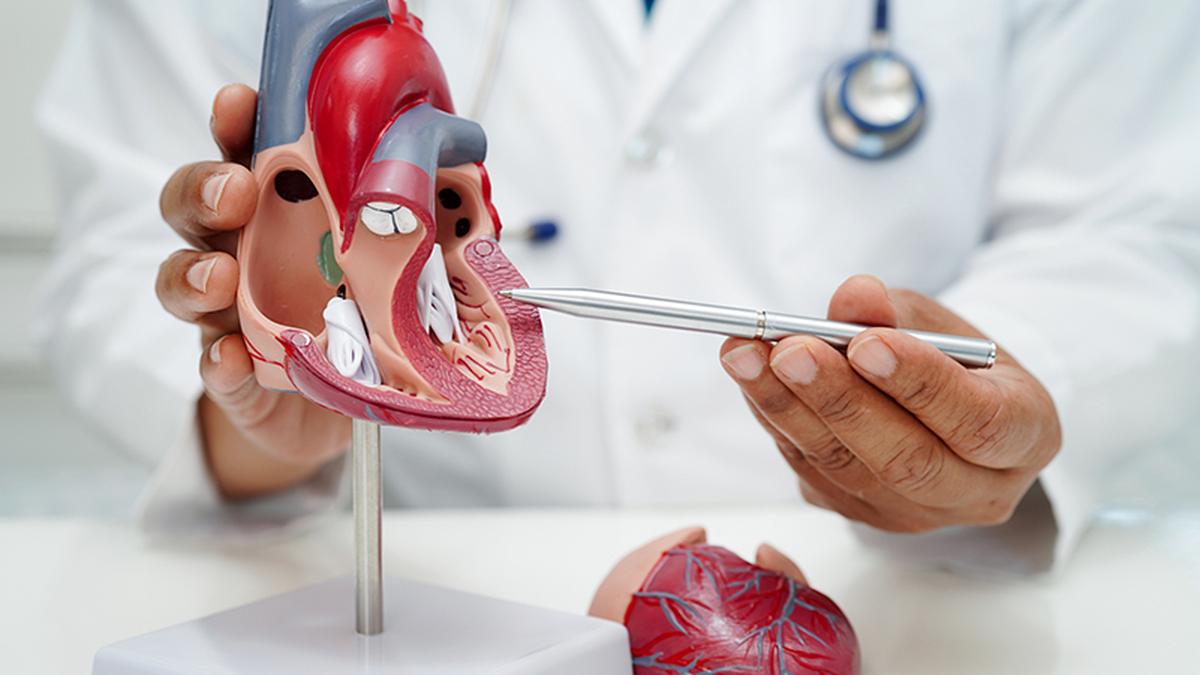
Speedy Summary
- At least 300 patients in Tamil Nadu government hospitals are awaiting cardiothoracic surgeries, with wait times ranging from 1.5 to 3 months.
- Out of 39 tertiary care centres, only nine have operating cardiothoracic Surgery (CTS) units.
- Approximately 50%-60% of the sanctioned posts for cardiothoracic surgeons remain vacant; some government hospitals haven’t conducted CTS procedures for years due to understaffing.
- Major surgery centres like Rajiv Gandhi Government General Hospital and government Stanley Medical College Hospital handle high patient volumes, sometimes catering to four to five districts.
- A lack of equipment in CTS departments was also noted; some facilities lack critical devices such as the Intra-Aortic Balloon pump.
- Surgeons face challenges including long hours, managing post-operative care due to an absence of intensivists and anaesthetists dedicated for cardiac care, and poor remuneration compared to private sector opportunities (₹70,000-75,000 vs ₹2-3 lakh per month).
- Many Non-Service Post Graduates leave their positions after fulfilling bond periods due to dissatisfaction with pay and irregular regularisation processes.
- Doctors urge the State government not just to start new hospitals but equip existing ones adequately.
Indian Opinion Analysis
The backlog in cardiothoracic surgeries at Tamil Nadu’s government health institutions underscores systemic issues including staffing shortages and inadequate infrastructure. Though emergency cases are prioritized, extended waiting periods pose risks for routine yet critical procedures like valve replacements. Vacant surgeon posts highlight recruitment challenges exacerbated by low remuneration compared with private sector pay scales.
The impact extends beyond Chennai as patients from multiple districts rely on limited resources at regional centres already grappling with insufficient equipment-further stretching available expertise during post-operative recovery phases. Calls from medical professionals point toward optimizing public healthcare by focusing on strengthening existing institutions instead of merely expanding capacity through new ventures. Addressing these gaps could reduce patient suffering while restoring confidence in public healthcare systems vital for economically disadvantaged populations.
Read more: Doctors’ body urges government to address staff shortage in hospitals


